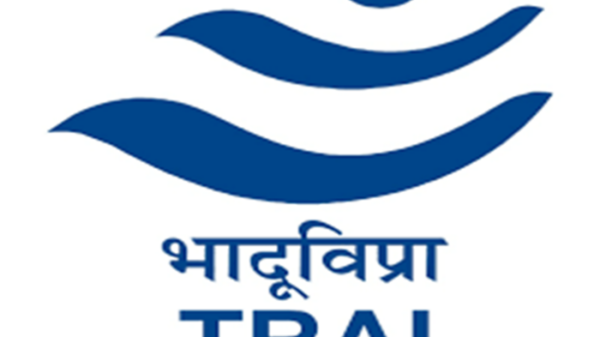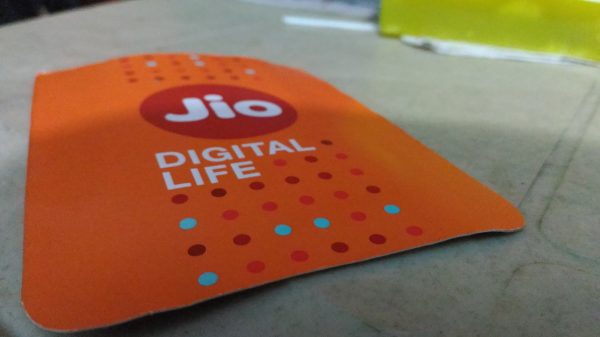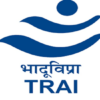Karnataka's state government unveiled 'e-Sahamati', a consent-manager platform for data sharing by citizens on December 16, according to a report by Deccan Herald. An EdexLive report said that the platform will become operational after an official launch by Chief Minister Basavraj Bommai towards the end of December 2021. Earlier it was reported that Karnataka was planning to use this framework to share information around farmers and students, but the plan was put on hold due to ongoing elections. A consent-manager framework was proposed by the NITI Aayog in 2020, across all sectors as part of a Data Empowerment and Protection Architecture. This is one of the first instances of a state government operationalising something like it. How is e-Sahamati supposed to work? Private companies will have to pay Rs 50,000 as a one-time fee to register for the system. Users will be authenticated via Aadhaar. A committee will approve companies registering for e-Sahamati. Users can share their personal government data with private companies. So far, there is academic data available from 63 universities in the state, except for the Indian Institute of Management Bangalore, and the Indian Institute of Information Technology Dhanbad. There is also state board (SSLC) mark sheets from 2003 and Pre-University Certificate examination mark sheets (PUC II) from 2008. “Let’s say a student has landed a job with Wipro and the company requires his or her academic credentials. The student can log into e-Sahamati and give consent for his or her data to be shared with Wipro. The government…





























